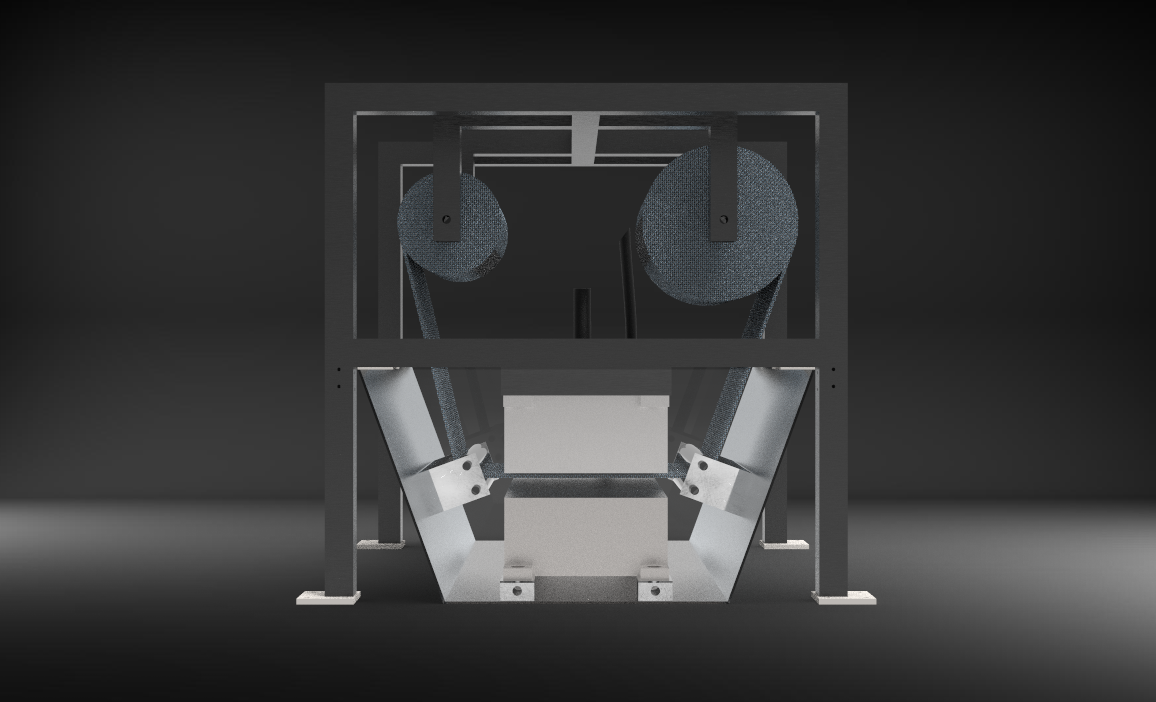Chennai: Indian Institute of Technology Madras-incubated Start-up Muse Wearables is developing novel and scalable methods for coating textiles with nanoparticles-based antimicrobial agents that can ‘inactivate’ the human Coronavirus on contact.
These coatings are expected to be effective up to 60 wash cycles, thereby making the textiles re-usable. The coated textiles can be primarily used to manufacture N95 masks, surgical masks, Personal Protective Equipment (PPE) and food packaging bags, among others, with inherent properties of inactivating the coronavirus.
Muse Wearables’ current pilot machine can coat textiles of length up to 100 metres within a few minutes, thereby making it a viable commercial solution that can be deployed immediately. Muse Wearables was incubated by IIT Madras Incubation Cell.
Lauding the IIT Madras-incubated start-ups such as Muse Wearables for their initiatives in fighting COVID-19 pandemic, Dr. Tamaswati Ghosh, Chief Executive Officer, IIT Madras Incubation Cell, said, “We are very proud of our startups who are working on a range of products that are vital to India’s fight against COVID-19, from N95 masks to intubation boxes and ventilators to affordable testing kits. They have quickly mobilized and repurposed their offerings in response to the situation and are striving to make a positive contribution to the nation’s anti-virus efforts. IITM Incubation Cell continues to assist its startups through these challenging times and hopes that industry support will help them ramp up their efforts in a more meaningful way.”
Currently, Muse Wearables is assembling the coating machine and will shortly commence coating various textiles with different nanoparticle solutions. Their coated textiles is expected to be ready for testing by the first week of May 2020. The start-up is also partnering with a mask manufacturing company to launch five-layered Antiviral N95 Masks at an estimated price of Rs. 300 per piece.
Highlighting the unique aspects of these nano-particles coated textiles, Mr. K.L.N. Sai Prasanth, Chief Executive Officer, Conzumex Industries, which operates the brand ‘Muse Wearables’ said, “Our solution tries to solve the current pandemic problem at the root level by inactivating coronavirus permanently. As soon as it comes in contact with the coated nanoparticles, its structure is permanently destroyed by the nanoparticles. For example, people using masks made by our coated textiles will not transmit the virus to others or have less chances of the virus getting transmitted to them.”
Further, Mr. Sai Prasanth added, “Our coating process is scalable, which means it can be deployed in any textile industry as a textile finishing process. (The solution we are developing are not confined to a research laboratory but can be used for commercial purposes).”
Some highlights of these nano-particles coated textiles include:
Ø Anti-microbial properties: It continuously captures and destroys viruses and other microbes upon contact. Other viruses as small as 30 nanometre can also be inactivated permanently.
Ø It does not leach while washing in water and is environment-friendly.
Ø At present the particles can be coated on materials like cotton, polyester and cotton – polyester. More fabrics will be tested soon.
Ø It is non-toxic and therefore can be safely used for making masks and other PPEs
After requests from other businesses, Muse Wearables plans to deploy similar machines in their manufacturing process or supply the textiles themselves. They are also looking for grants to further scale up. Once the pandemic is over, they will develop other kinds of applications using these fabrics and use them in our future wearable products.
Speaking about future plans, Mr. K.L.N. Sai Prasanth said, “With our current technology development, we have the opportunity to apply for nine patents in the area of activated textiles. We are now looking to partner with various labs that can test the efficacy of our Coated textiles on Novel Coronavirus. Once we find the right lab, we will send samples to measure the surface decay rate of Novel Coronavirus on the coated and uncoated textiles. Once we get certified, we will start the mass production of the coated textiles to be used in various applications.”

